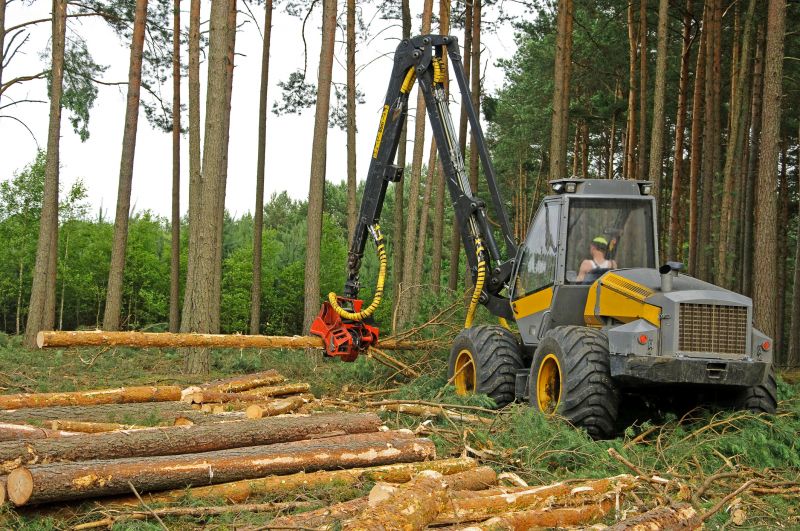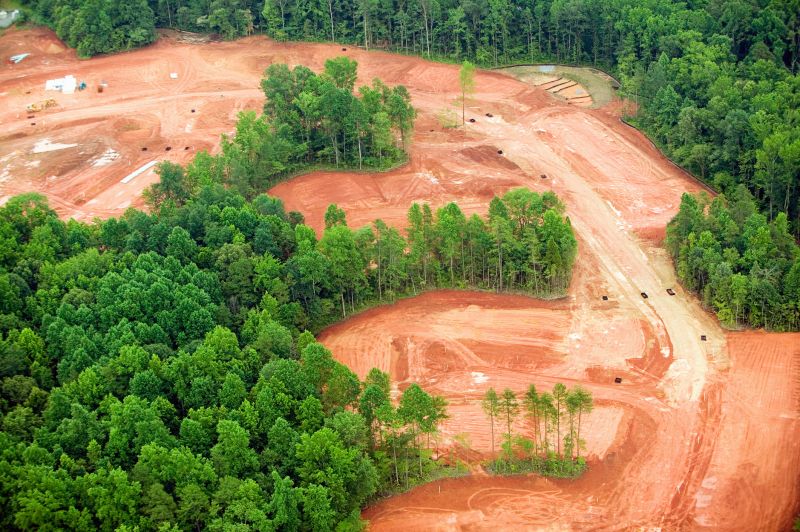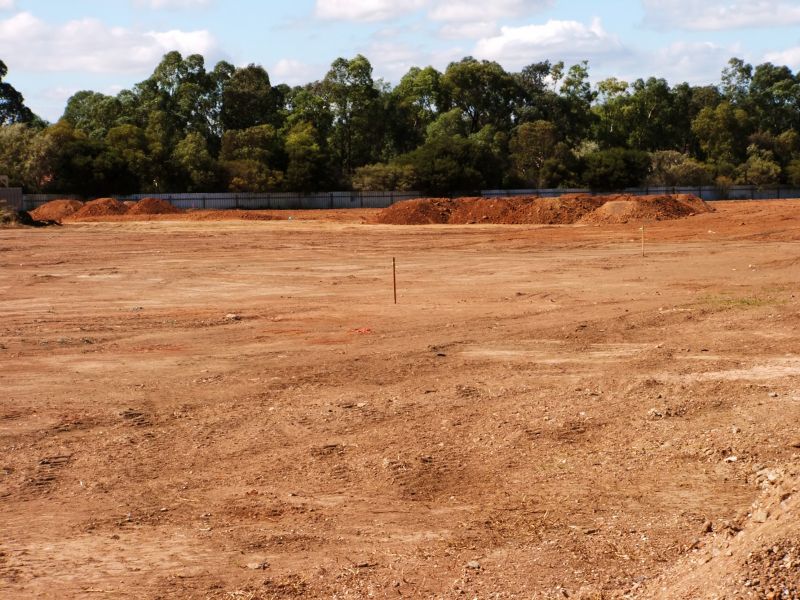Optimal Timing for Land Clearing
Land clearing involves removing trees, brush, and debris to prepare a site for development or agriculture. Timing plays a crucial role in ensuring efficient and cost-effective land management. Proper scheduling can minimize environmental impact, reduce costs, and improve project outcomes.
Spring is ideal when soil is moist but not overly saturated, allowing for easier removal of vegetation and debris.
Summer offers longer daylight hours, but dry conditions can increase fire risk and make equipment operation more challenging.
Fall provides cooler temperatures and less vegetation growth, making it suitable for preparing land before winter.
Winter is less common due to frozen ground, which can hinder equipment movement, but in some regions, it allows for year-round work.

Spring preparations with lush greenery.

Summer work with dry terrain.

Autumn landscape during clearing.

Winter landscape with snow.
Effective land clearing requires understanding the seasonal variations that affect soil stability, vegetation growth, and equipment operation. Spring and fall are generally preferred for their moderate weather and favorable soil conditions, reducing the risk of erosion and equipment damage. Summer can be suitable in regions with dry, stable soil, while winter is often limited to areas with frozen ground that can support machinery.
| Season | Ideal Conditions |
|---|---|
| Spring | Moist soil, active vegetation growth |
| Summer | Dry conditions, long daylight hours |
| Fall | Cool temperatures, less vegetation |
| Winter | Frozen ground in some regions |
| Overall | Weather stability, soil moisture, vegetation cycle |

Heavy machinery working on site.

Removing brush and trees efficiently.

Preparing land for development.

Clean, ready land for use.

Ways to make Land Clearings work in tight or awkward layouts.

Popular materials for Land Clearings and why they hold up over time.
Choosing the right time for land clearing depends on regional climate patterns, project scope, and specific land conditions. Proper planning ensures minimal disruption and optimal results, making seasonal considerations a key factor in project success.
Interested in scheduling land clearing projects? Filling out the contact form can help determine the best timing based on local conditions and project needs.
